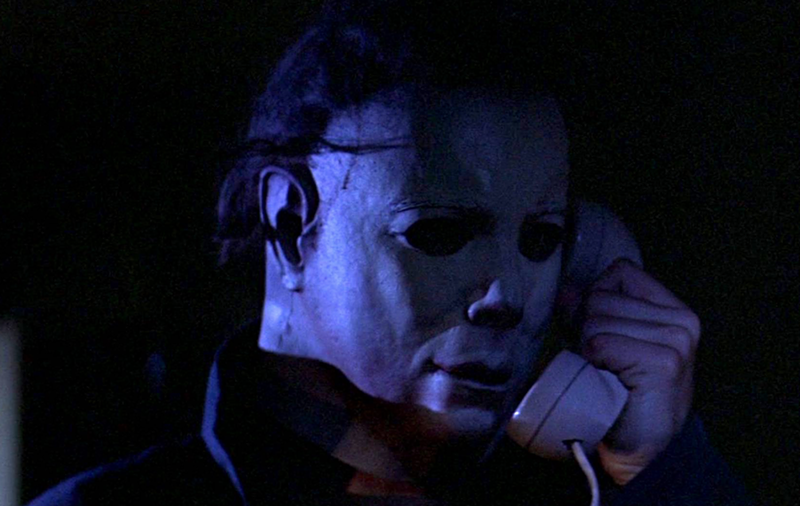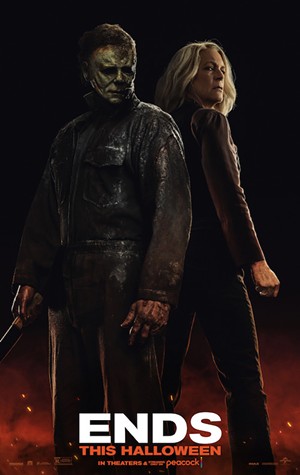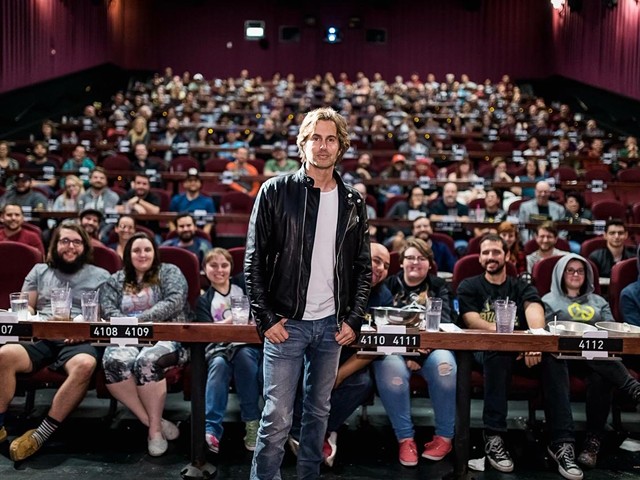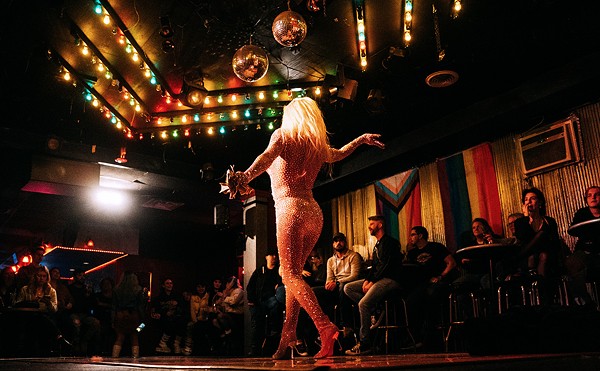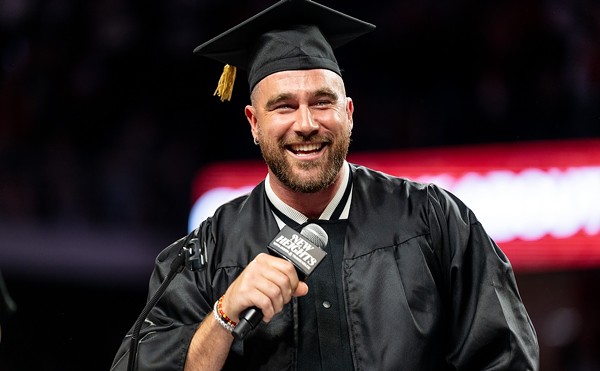Everyone’s entitled to one good scare on Halloween night, but masked serial killer Michael Myers terrorizes Laurie Strode (Jamie Lee Curtis) and the community of Haddonfield year after ghoulish year in the Halloween film franchise.
Largely heralded as the archetype of the slasher horror movie sub-genre with its 1978 debut, the Halloween series has seen 13 titles in total, but that number proves lucky for the franchise as Halloween Ends is a competently functional final chapter to the grisly series.
In the new trilogy that began in 2018, Michael Myers escaped once again from Smith’s Grove Sanitarium, where he was being studied as a mental curiosity due to being a stoic maniac whose only drive is murder. One of the rare survivors of his bloody rampage in 1978 is Laurie Strode, whose trauma from the massacre has ostensibly ruined her life and her relationship with her daughter (Judy Greer). It seems, 40 years later, that Strode is going to have to relive the worst night of her life as Myers stalks the town and the bodycount increases exponentially, threatening to destroy Strode’s family, including granddaughter Allyson (Andi Matichak).
Halloween (2018) and Halloween Kills (2021) both take place over the same night, though where Halloween (2018) succeeded in telling a character-driven drama punctuated with very convincing gory special effects, Halloween Kills cranked the campiness up too far and nearly ruined the series as a result.
Halloween Ends picks up the next year and introduces a new character, Corey Cunningham (Rohan Campbell), who experiences a separate tragedy of his own on Halloween night. When he and Allyson get romantically involved, Laurie sees a look in his eye that she’s only noticed in the psycho-killer Michael Myers’, whose legacy haunts Haddonfield due to his escape from death and capture time and time again. While Halloween Ends still has plenty of good scares, kills and performances (especially Campbell), it also poses a very compelling question about the nature of evil and whether people are born to kill or are just the products of their environment.
Halloween Ends had the unenviable task of following up Halloween Kills, which was poorly received by audiences due to its overindulgence in gratuitous violence and tone-deaf dialogue. Perhaps watching Halloween Kills a few years from now will yield new insight as to its comparative quality, but for now it sits as the least interesting movie in the Halloween franchise (yes, even worse than Rob Zombie’s Halloween II). Halloween Kills might be a winner for fans who care nothing for dramatic subtlety and instead only want blood and guts, but even in that case, Halloween Kills had too much of a “good” thing.
Thankfully, Halloween Ends rights some of its predecessor’s wrongs while weaving a compelling tragedy that already has fans gleefully debating their interpretations of the film. In a world inundated with uninspired cinematic reboots, it was a very good idea to make the new David Gordon Green-directed Halloween trilogy a direct sequel to 1978’s Halloween and ignore the decades of baffling sequels and contorted mythology found within.
Halloween (2018) is the best modern slasher sequel/reboot thanks to its deep character exploration of Laurie Strode as the survivor of serious anguish at the hands of Michael Myers, humanizing her as an embittered survivalist ready to go to war at the drop of a jack-o-lantern. This is not unfamiliar territory in the bloody den of slasher movie tropes, as Strode’s transformation from victim to warrior mirrors that of Linda Hamilton’s performance as Sarah Connor in The Terminator and Terminator 2: Judgment Day.
While not wholly original in certain aspects, Halloween (2018) far outperformed other similarly intentioned reboots and remakes such as Texas Chainsaw Massacre (2022), Friday the 13th (2013), A Nightmare on Elm Street (2010) or Child’s Play (2019), among many other slasher franchises that rose from the grave. That the 2018’s reboot had a sequel as abysmal as Halloween Kills in some ways makes the triumph of Halloween Ends that much more poignant.
Though Halloween Ends still manages to get a bit too silly and relies a bit too much on flashbacks, that can save audiences a lot of time if they’re only looking to watch a double feature this year. If you want to watch only two Halloween movies while trick-or-treaters come knocking, start with Halloween (1978) and finish with Halloween Ends. The former is a masterpiece in low-budget filmmaking and launched the careers of Jamie Lee Curtis and director John Carpenter, while the latter is a fitting, philosophically-driven love letter to the series. While Halloween (2018) is the superior film in the new series, Halloween Ends puts in the work to become essential viewing for fans of Michael Myers and the night he came home.
Stay connected with CityBeat. Subscribe to our newsletters, and follow us on Facebook, Instagram, Twitter, Google News, Apple News and Reddit.
Send CityBeat a news or story tip or submit a calendar event.

